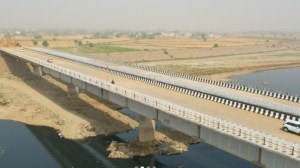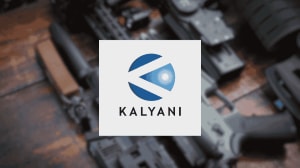The industrial robot industry is still at a nascent stage in India. With the availability of relatively inexpensive labour in India, where wages are significantly below western equivalents, the use of robots for industrial purpose is limited. However, Yaskawa Electric, Japan’s leading industrial robot maker, which has a 25% market share in India sees the country as a major contributor to the robotics business in the future.
Around 70% of the total sales of industrial robots comes from China, Japan, USA, Republic of Korea and Germany. Japanese companies have long been world leaders in manufacturing industrial robots. Speaking to FE, Yaskawa India’s president and CEO, Akinori Urakawa said, “In China, around 30,000 industrial robots are sold every year. Whereas in
India, hardly around 1,500 units are sold. While the global robotics market is growing at 26% annually, it is around 5-7% in India. So, there is a huge potential here and we want to reach out to more small and medium size businesses.”
According to the department of scientific and industrial research (DSIR), poor investments in R&D, lack of testing and certification laboratories, non-existent standards of performance and safety have led to high imports and higher cost, making industrial robots out of reach for most of the end-users.
Yaskawa’s robots are utilised for industrial processes such as material handling and lifting, sealing, sport welding, spraying moulding and metal cutting, among others. The company, which is targeting 10x sales over the next 10 years, also has products in AC drives and motion control business, which accounts for 70% of the business in India. Currently it has plants in Bengaluru, Gurgaon and Pune, and soon it will open one in Gujarat. The company plans to invest $120 million for research and developments in the robotics business.
“We are hoping to open our plant in Gujarat by this year end. It will serve our client base like Suzuki and Honda Motors who use our products extensively. Automation is still considered to be a costly affair. Right now, the labour cost is cheaper here and hence not much of automation. But once SMEs start thinking on the competitiveness and quality controls, robots will make way for it,” Urakawa said.
Apart from Yaskawa, some of the prominent players in the global industrial robotics market include KUKA Robotics, FANUC, and Denso. International Federation of Robotics (IFR) reports, in 2014, globally robot sales increased by 29% to 229,261 units, valued at $32 billion including the cost of software, peripherals and systems engineering. The sales are expected to double by 2018.






